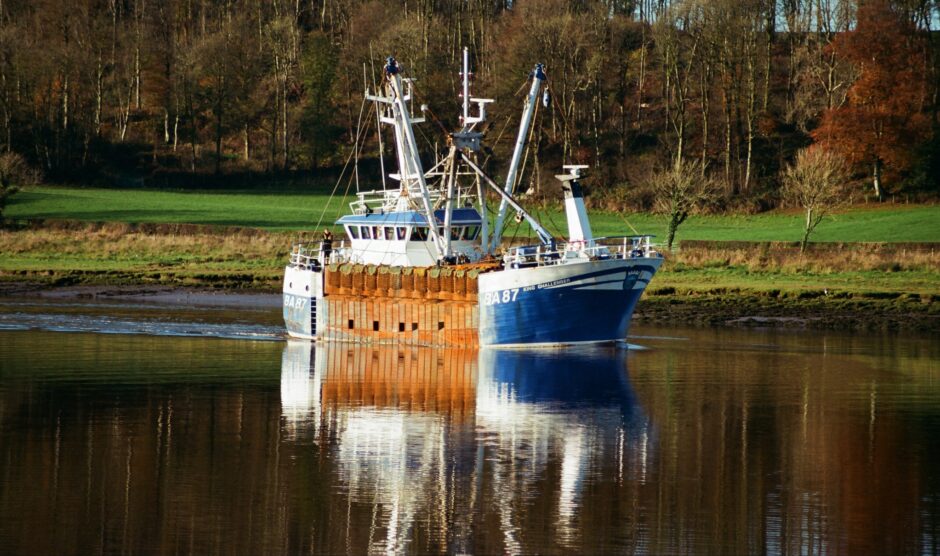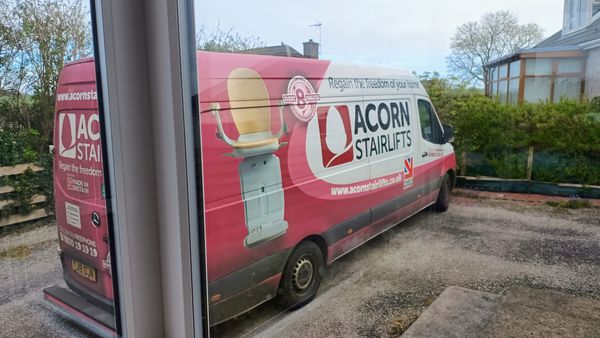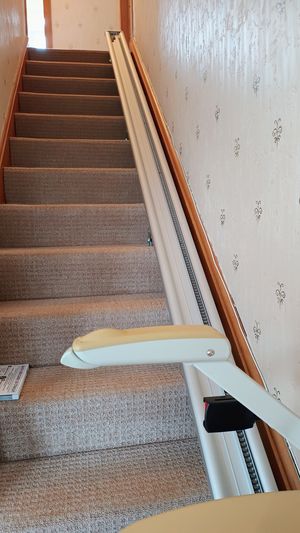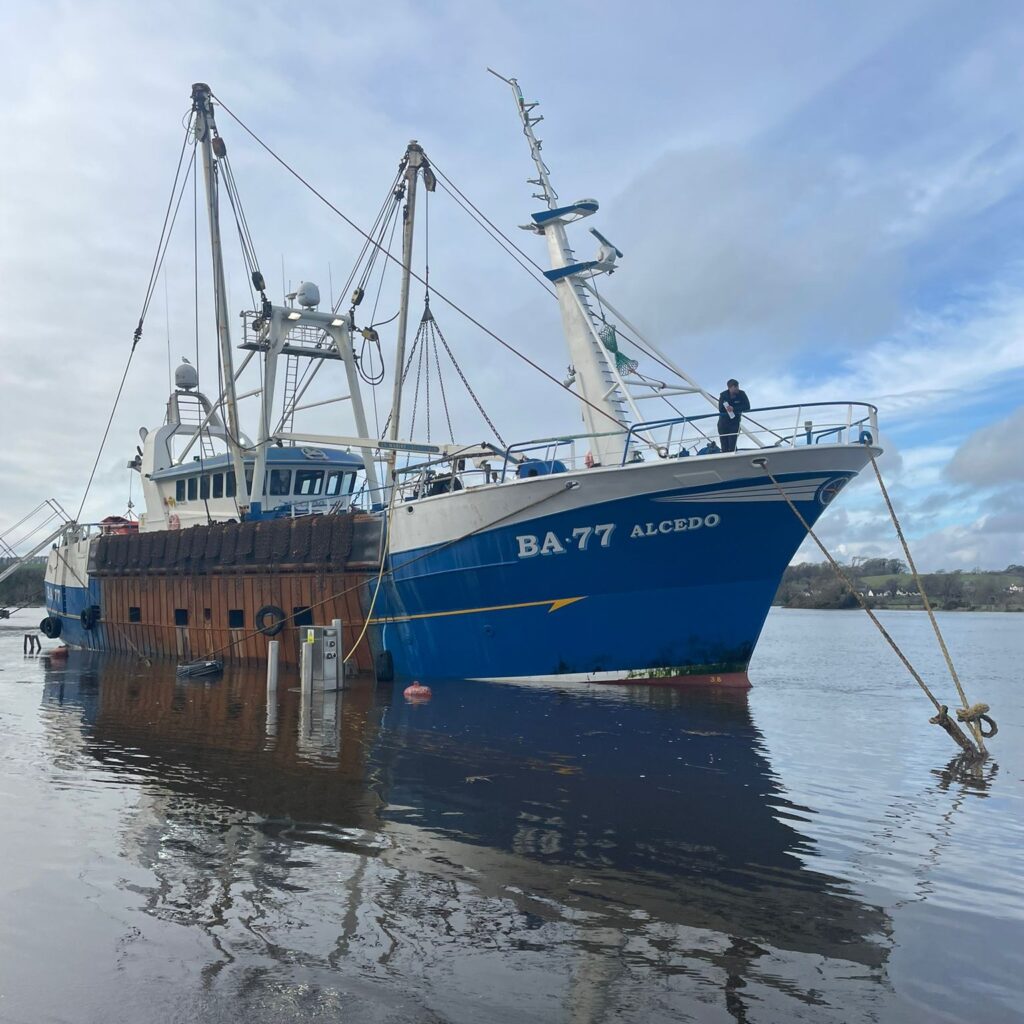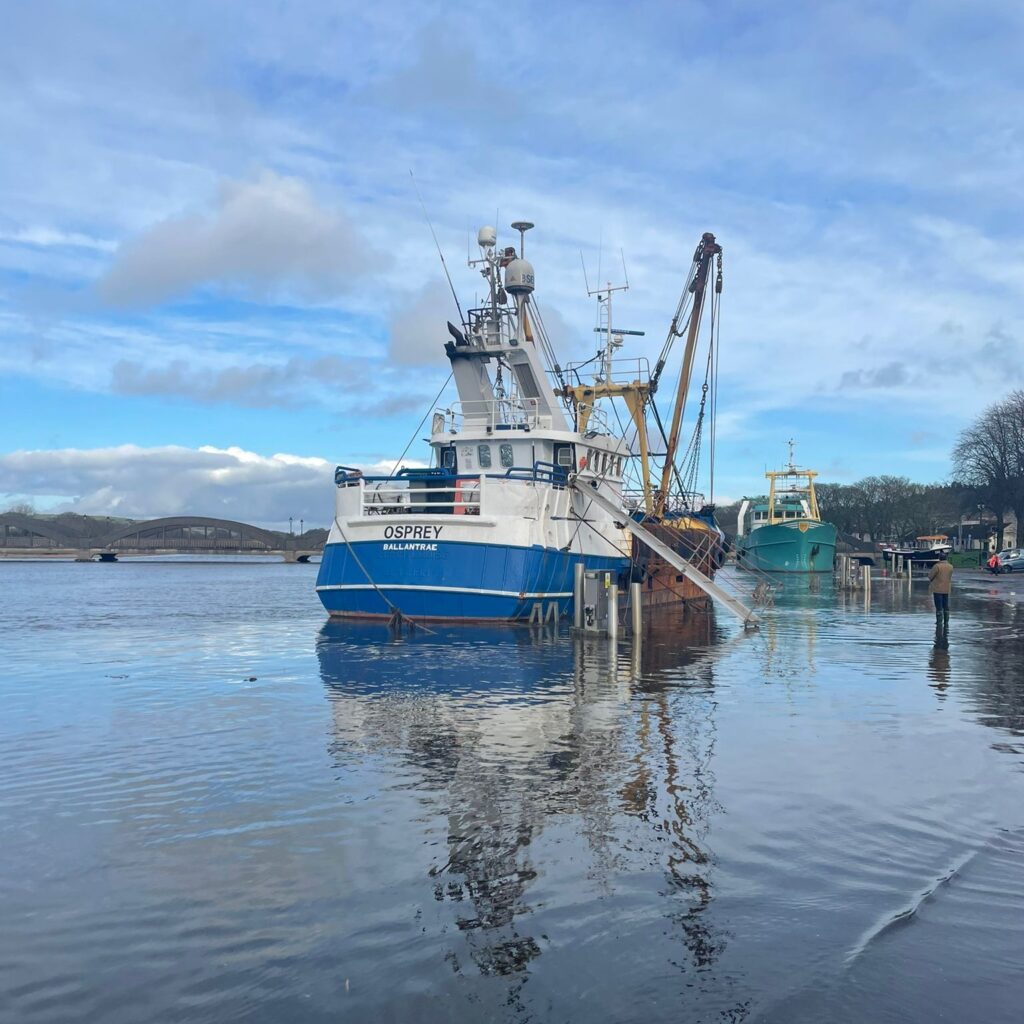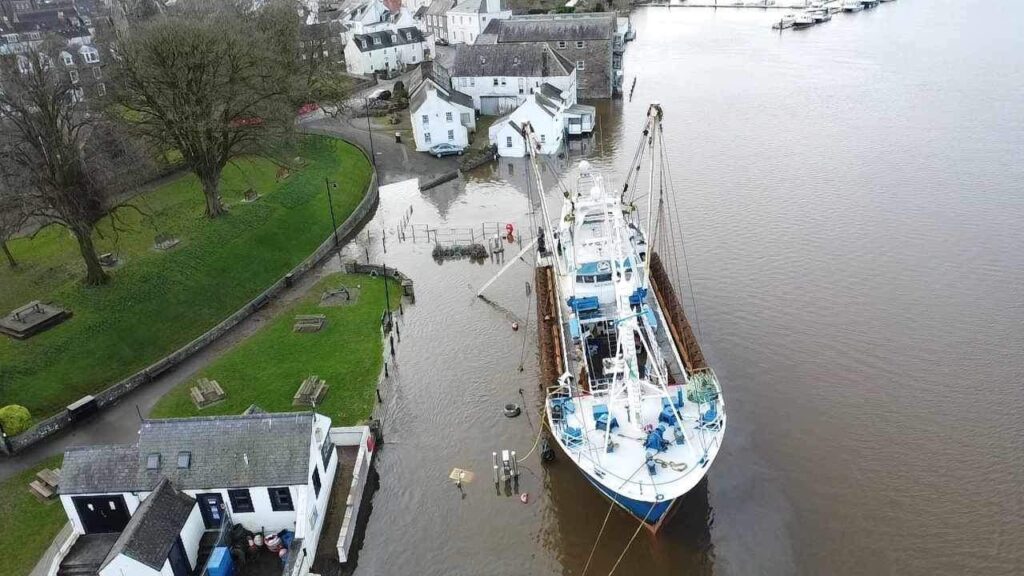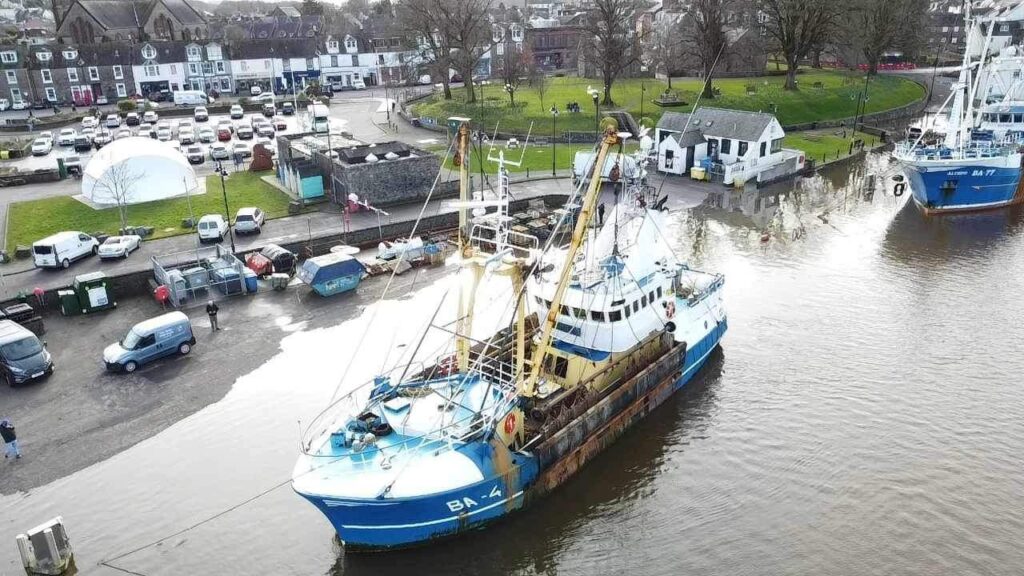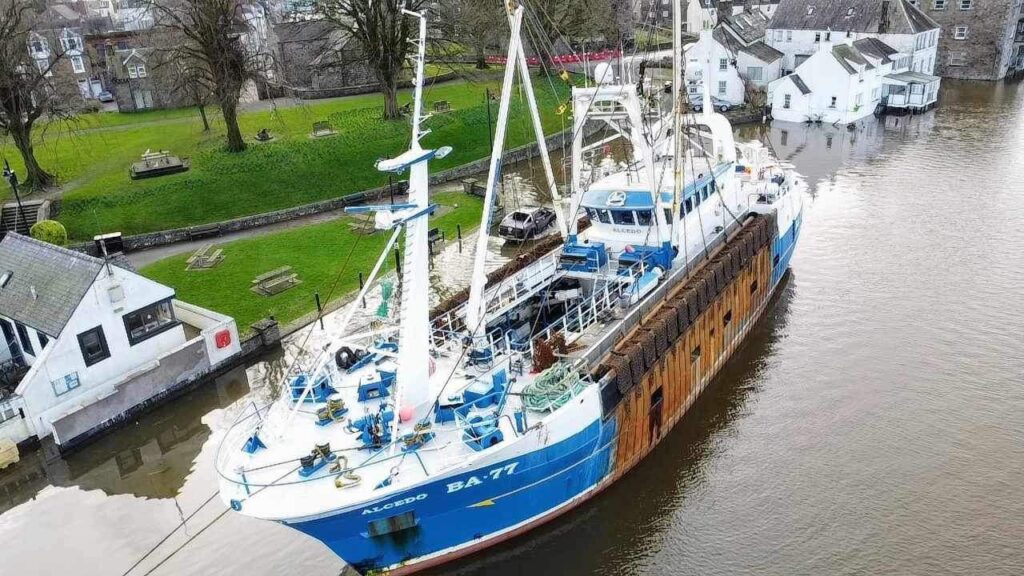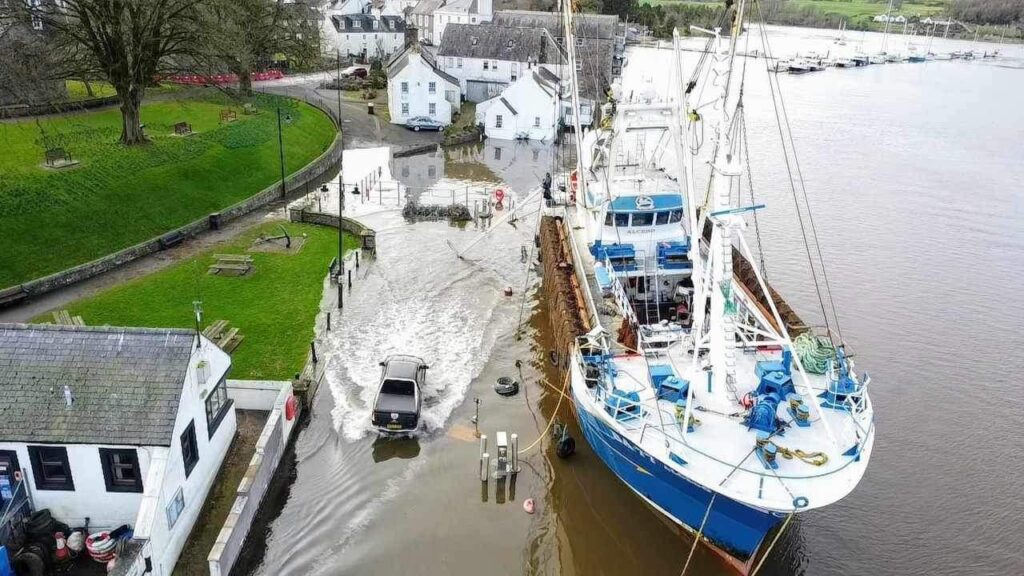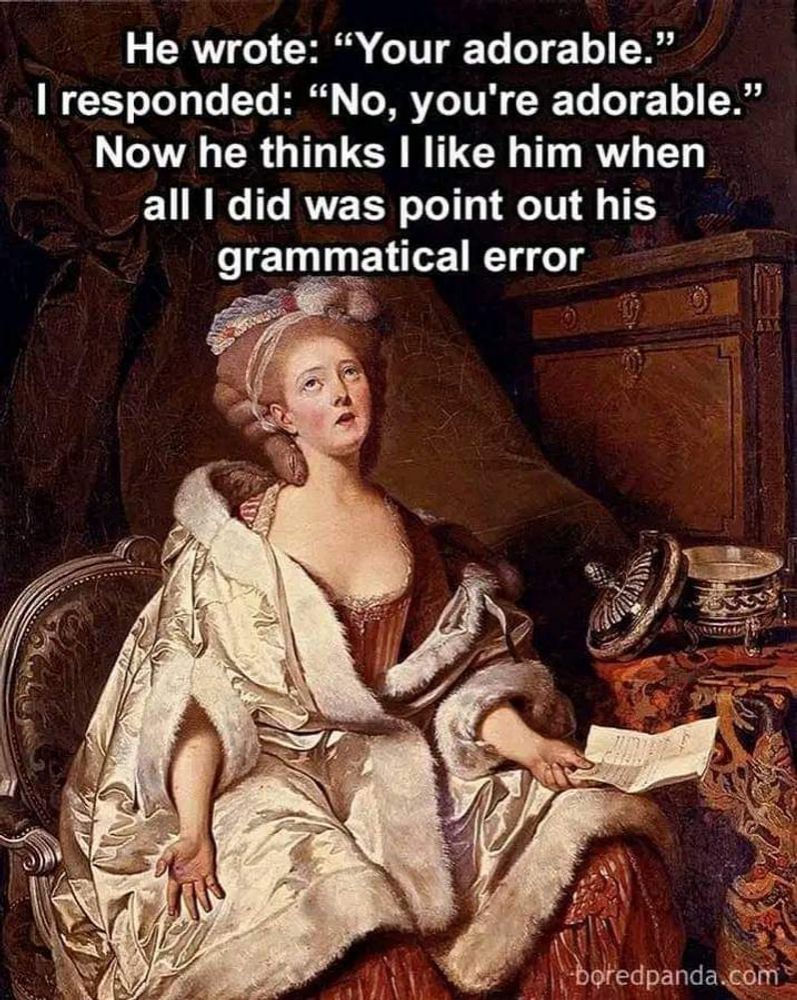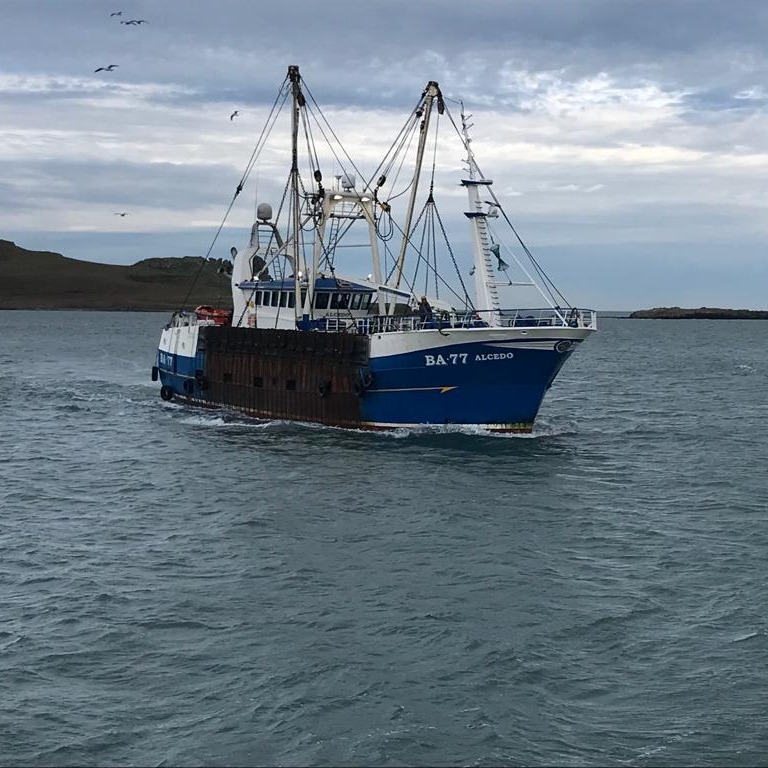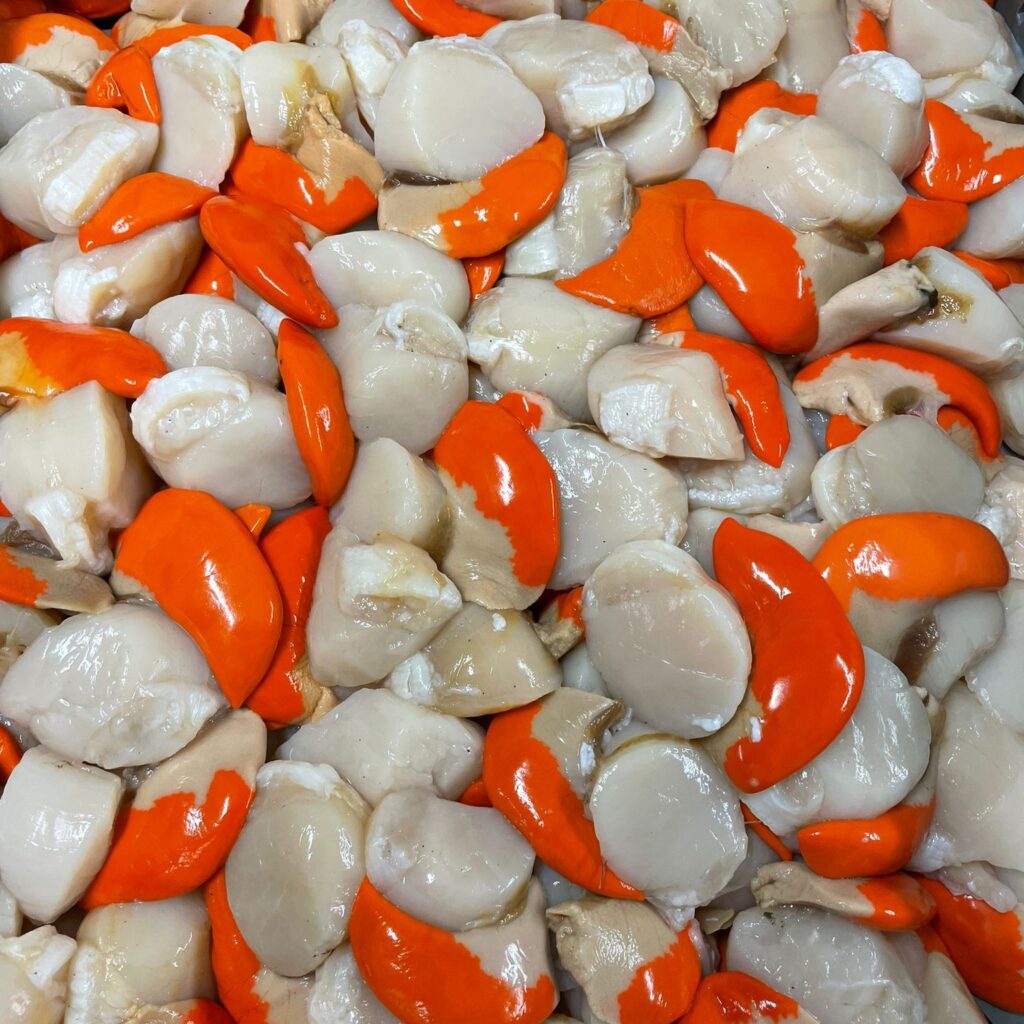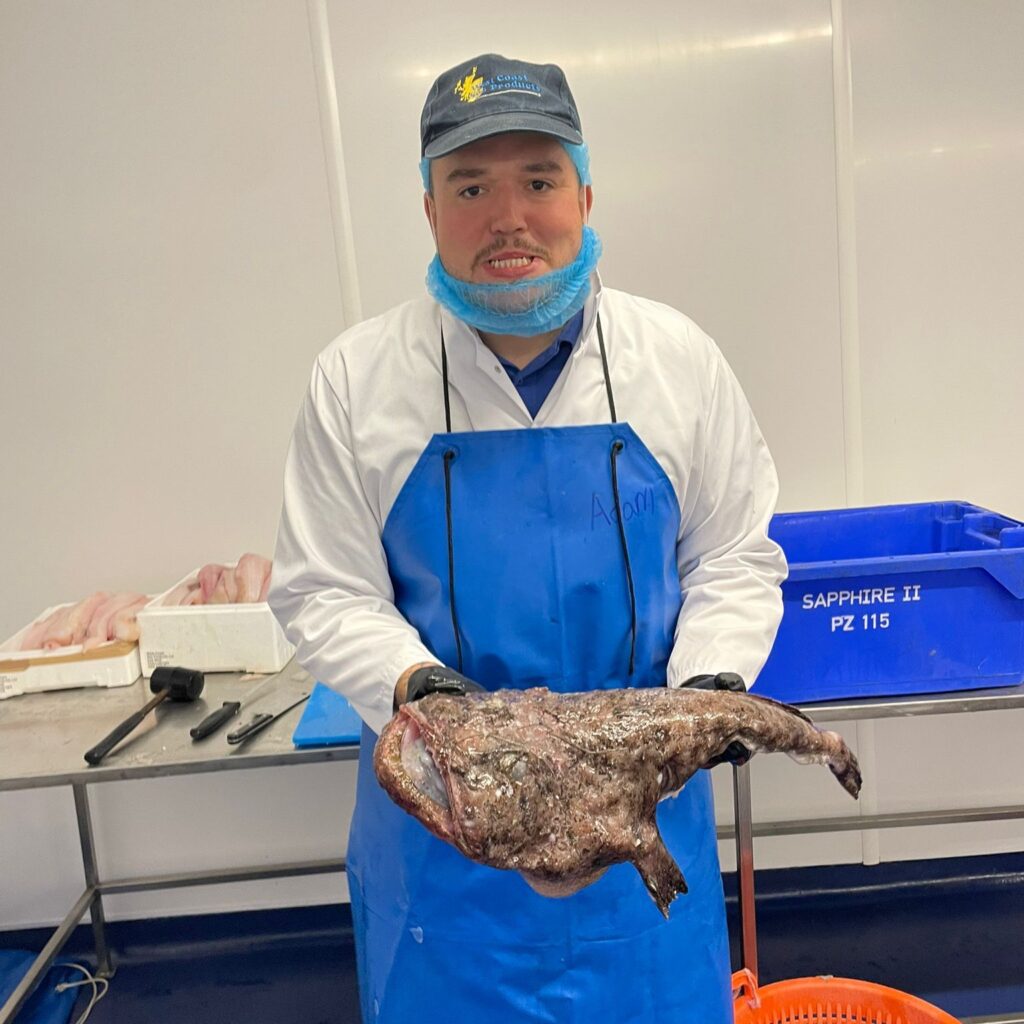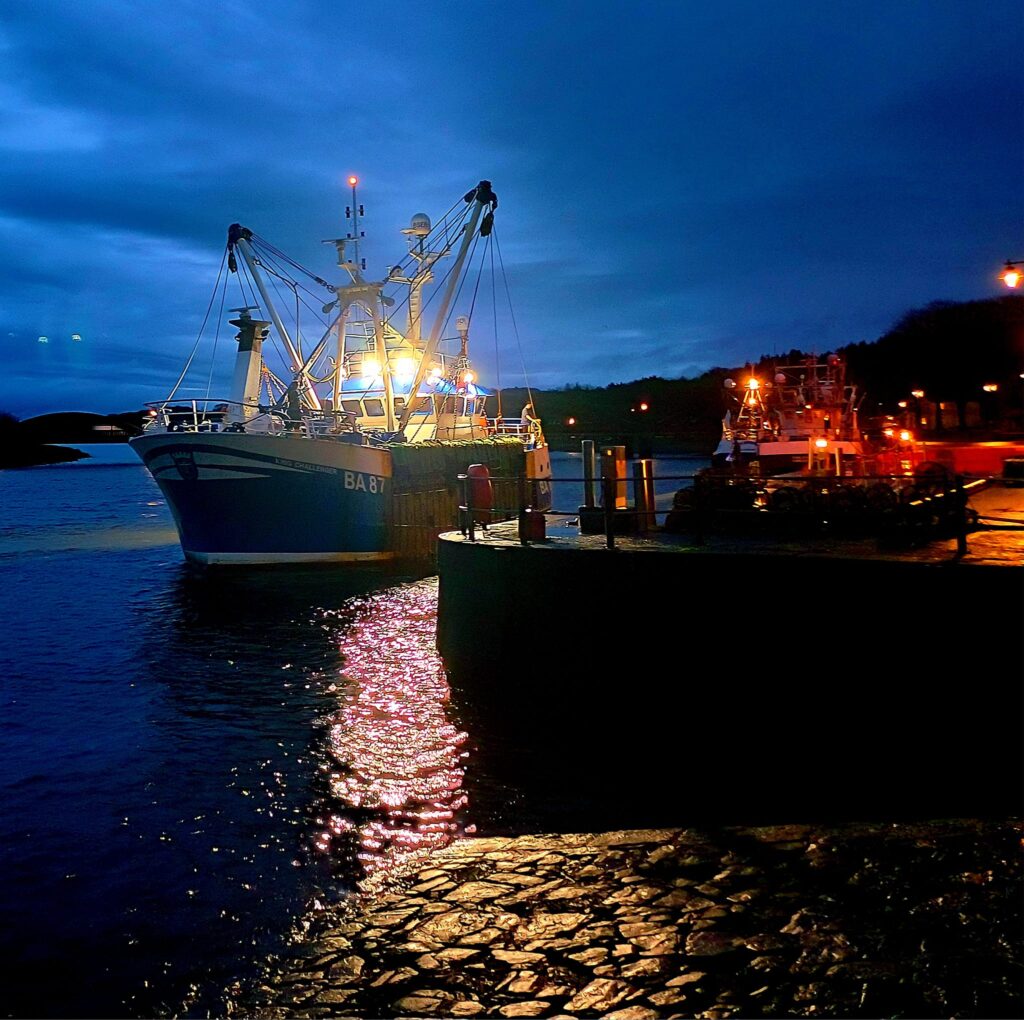If you pay taxes in the UK, your money is helping fund disinformation, division and conspiracy theories. Nigel Farage, Jacob Rees-Mogg, Lee Anderson, and a host of other right-wing propagandists are benefitting from taxpayer-funded government support. A recent investigation from Byline Times revealed that the government is by far the biggest spender on GB News advertising.
Granted, it’s more subtle than the blatant state propaganda you’ll find at Russia Today or China Central Television. But THIS Conservative government is pouring OUR cash into a “news” channel that pumps out ugly propaganda to give the impression that this THIS government’s heartless, right-wing policies have widespread support.
A number of the channel’s flagship programmes are hosted by Conservative Party MPs and close allies. Their presence lends credibility to falsehoods and bonkers theories concocted to justify ill-advised and unworkable government policies…policies that are only supported by a very small minority of the population. It’s a textbook propaganda operation.
You’re probably wondering why the government would choose to pump our money into a channel that has been repeatedly investigated and reprimanded by Ofcom for spreading fake news and for presenting politicians as newsreaders. Here’s a clue: It’s owned by Paul Marshall, Dubai-based billionaire and Conservative party mega-donor. See it now?
We made clear in our Functional Democracy Goals report that the media is a key component of a working democracy. A free press is fundamental to the information environment that guides the decisions of voters and law-makers. This corrupt nexus of billionaires, government, and media companies is skewing the field on which our democratic debate plays out. That can’t be allowed to continue.
Functional democracy is impossible without truth, and truth is elusive without a free and fair information system. UK laws on media regulation – from newspapers to TV to social networks – have been neglected for decades and now fall woefully short of being fit for purpose. As with so many of our democratic safeguards, we are now paying a heavy price for that neglect.
Our report includes recommendations drawn from the work of seasoned press reform campaigners, HackedOff. Those recommendations show how we can begin to address the disrepair in the system. The first thing we must do is take press reform seriously. We must open our eyes to the dire state of the UK media environment and pick up where the Leveson inquiry left off. If we don’t, we will become an Orwellian state in which none of us has the information we need to make proper democratic decisions. (Read thereport for full details of our recommendations.)
Many British people believe that the UK has some natural immunity to authoritarianism and that our democracy is a given. It doesn’t and it isn’t. Democracy, freedom, and fairness only survive if enough good people are prepared to engage in the constant struggle required to maintain them. The right-wing ghouls over at GB News may have the advantage now, but by working together, by organising and mobilising, our movement, nearly 300,000 strong, will turn the tide.
Best wishes,
The Open Britain Team
Open Britain
